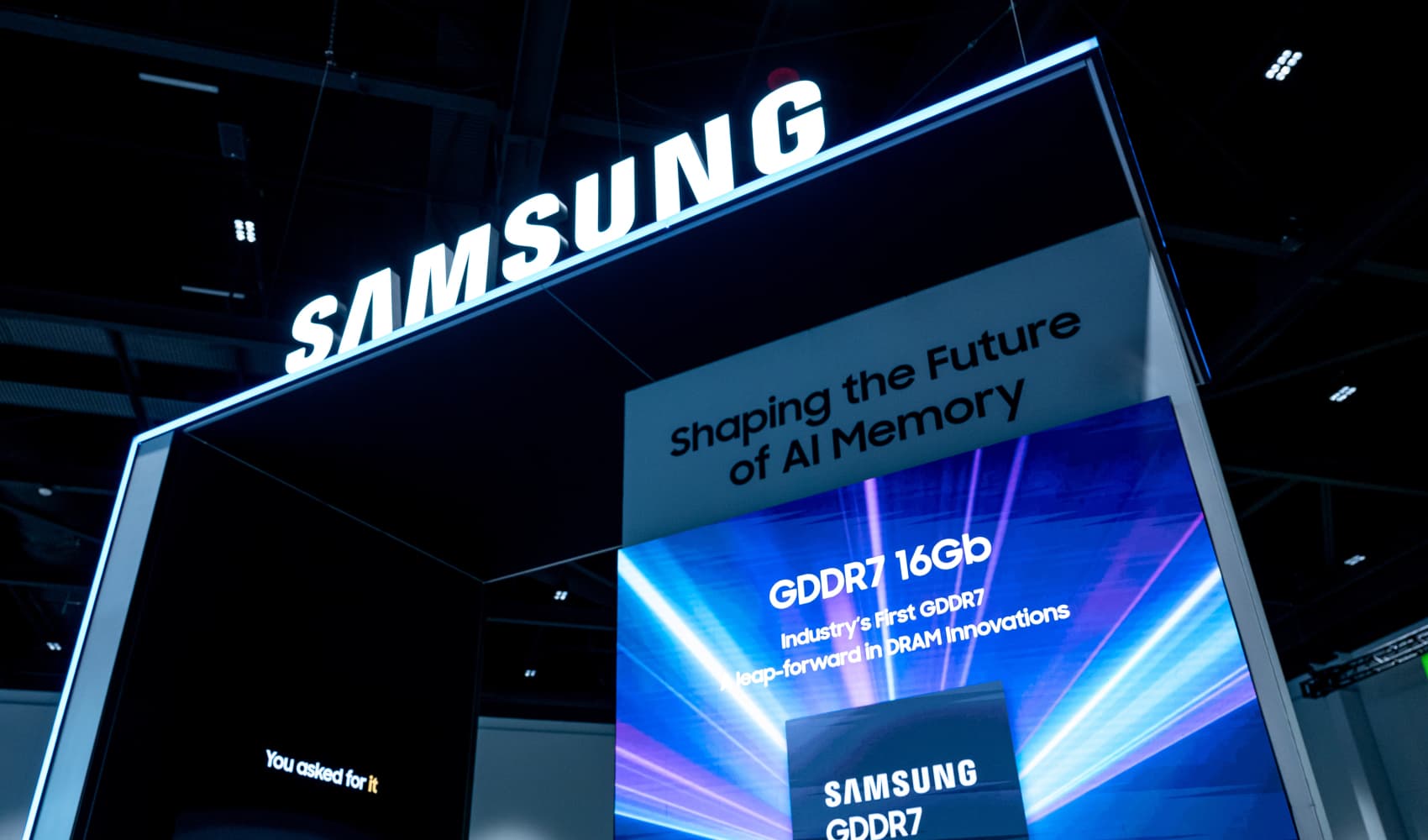Samsung Electronics reported a significant profit decline in its second quarter, underscoring challenges within the global tech industry and particularly its crucial semiconductors business.
The South Korean technology giant posted an operating profit of 4.7 trillion Korean won ($3.38 billion) for its Q2 earnings, a steep drop from the 10.44 trillion won recorded in the same period last year. Despite missing broader market expectations, Samsung’s internal forecast of approximately 4.6 trillion won was slightly surpassed, with quarterly revenue reaching 74.6 trillion won.
A major contributor to this downturn was Samsung’s Device Solutions division, which houses its memory chip, semiconductor design, and foundry business units. This segment alone witnessed a staggering 93.8% profit slump, with its chip business recording only 400 billion won in operating profit, a dramatic fall from 6.45 trillion won year-over-year.
Samsung attributed these results to various factors, including inventory value adjustments in its memory sector and one-off costs linked to export restrictions impacting non-memory business in China. These headwinds highlight the intricate nature of global supply chains and geopolitical influences on the semiconductor market.
Despite these immediate challenges, the tech industry appears poised for a gradual recovery, driven by increasing momentum in artificial intelligence and robotics. Samsung anticipates a rebound in its performance during the second half of the year, expecting the second quarter to mark a bottoming out before earnings steadily improve.
The company’s foundry business, in particular, is looking towards future growth, propelled by the full-scale mass production of its next-generation 2-nanometer mobile chips. A significant development is Samsung’s deal to supply AI6 chips to Tesla, a move that could provide a long-term boost, although initial production costs at the Taylor site are expected to be higher than in Korea, posing a challenge to its competitive position against market leaders like TSMC.
While Samsung has historically dominated the memory sector, its leadership is currently being tested by rivals excelling in high-bandwidth memory (HBM), a critical component for advanced AI computing. This shift signals a crucial juncture for Samsung’s foundry business, balancing survival with profitability.
Looking ahead, Samsung plans to proactively address the rising demand for high-value-added and AI-driven products in the second half of the year, aiming to strengthen its competitiveness in advanced semiconductors. Concurrently, its mobile experience business will prioritize flagship smartphone sales, focusing on foldables and the Galaxy S25 series, while enhancing the AI functionality of its Galaxy A series to expand market share.
Samsung successfully maintained its leading position in the global smartphone market during the second quarter, capturing a 19% market share, largely due to robust sales of its Galaxy A series. However, the overall smartphone demand for the latter half of the year is projected to slightly contract year-on-year, primarily due to concerns over rising tariffs in mature markets and persistent inflation, influencing overall market trends.





Leave a Reply